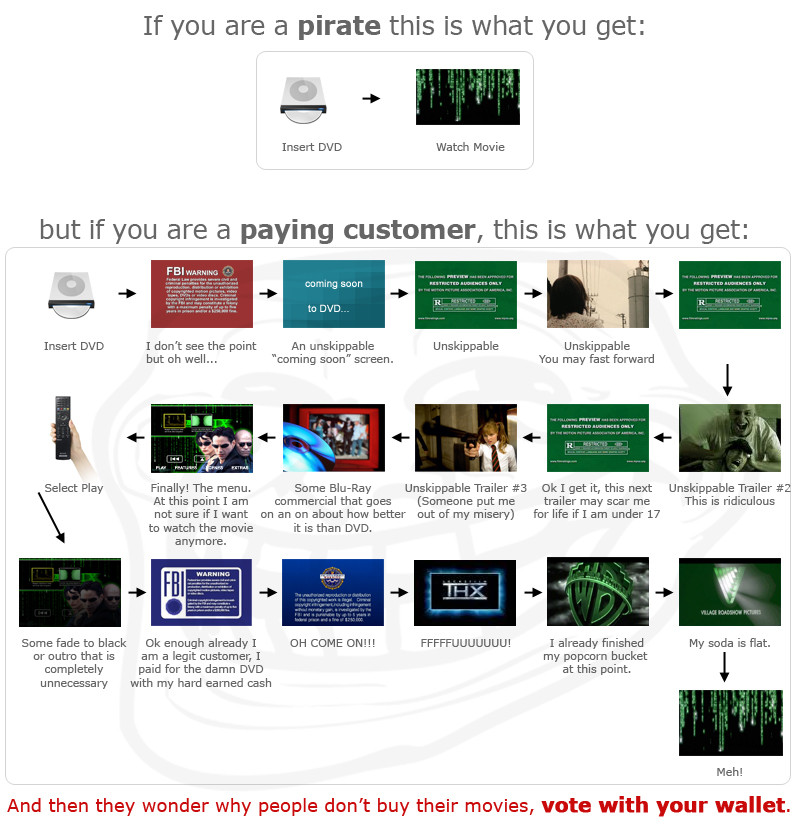We’re all aware of the piracy problems along the east coast of Africa, but the west coast is also experiencing a resurgence of pirates:
Piracy has been making a comeback in the last decade. This was initially because Somalia, a state without a government, provided small ports on the coast of East Africa where pirates could bring the merchant ships they had captured, and keep them there, safe from rescue attempts, until a ransom could be negotiated. Now, off West Africa, pirates have come up with another angle. These pirates, believed to be only one well-organized gang at the moment, target small oil tankers operating in the Gulf of Guinea (where Nigeria and its neighbors have oil fields). The pirates quickly board and seize control of a tanker at night. The crew is locked up in an internal space and the tracking devices are disabled. Then the tanker is taken to rendezvous with another tanker, which takes the oil from the hijacked tanker, along with the pirates and their other loot and makes for a port where oil brokers willing to buy stolen oil (at a steep discount) take the pirated cargo, pay the pirates and perhaps tip the pirates off on another small tanker that could be hit.
The hijacked tanker was stripped of portable items of value and then set adrift, where it would soon be found and the crew released. Normally, pirates attack merchant ships anchored near the coast grab all the valuable portables and take off. This is considered armed robbery, although some pirates will kidnap a few of the ships officers and hold them for ransom. But this requires a good hideout and more resources. The pirates who steal oil cargoes require even more technical organization and connections. But because the payoff is so high (millions of dollars for a stolen oil tanker cargo), a growing number of skilled gangsters are being attracted to the business.
All this is something of a piracy revival. Piracy hit a trough from the late nineteenth century into the later twentieth. That was because the Great Powers had pretty much divided up the whole planet, and then policed it. Piracy began to revive in a modest way beginning in the 1970s, with the collapse of many post-colonial regimes.





